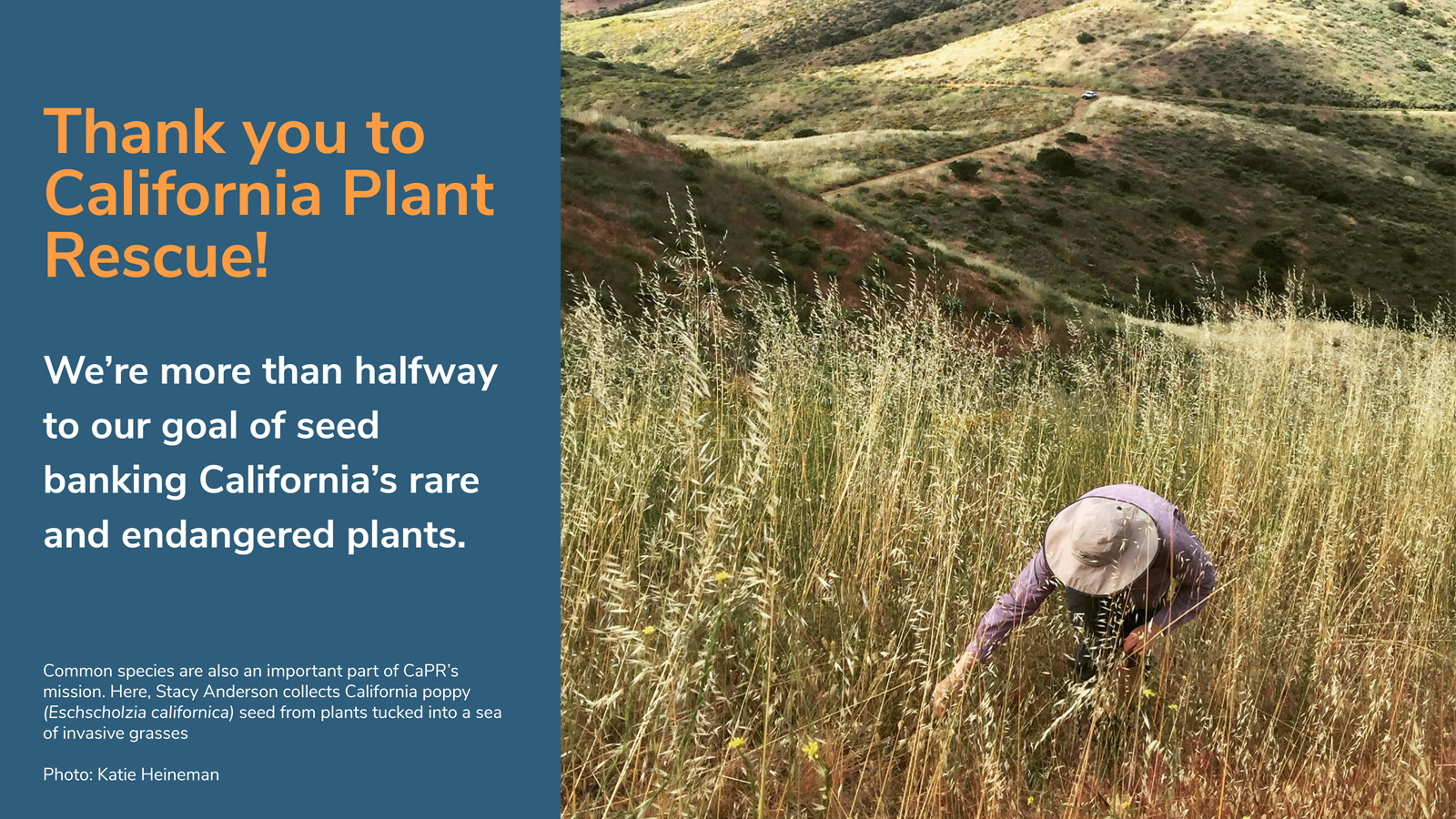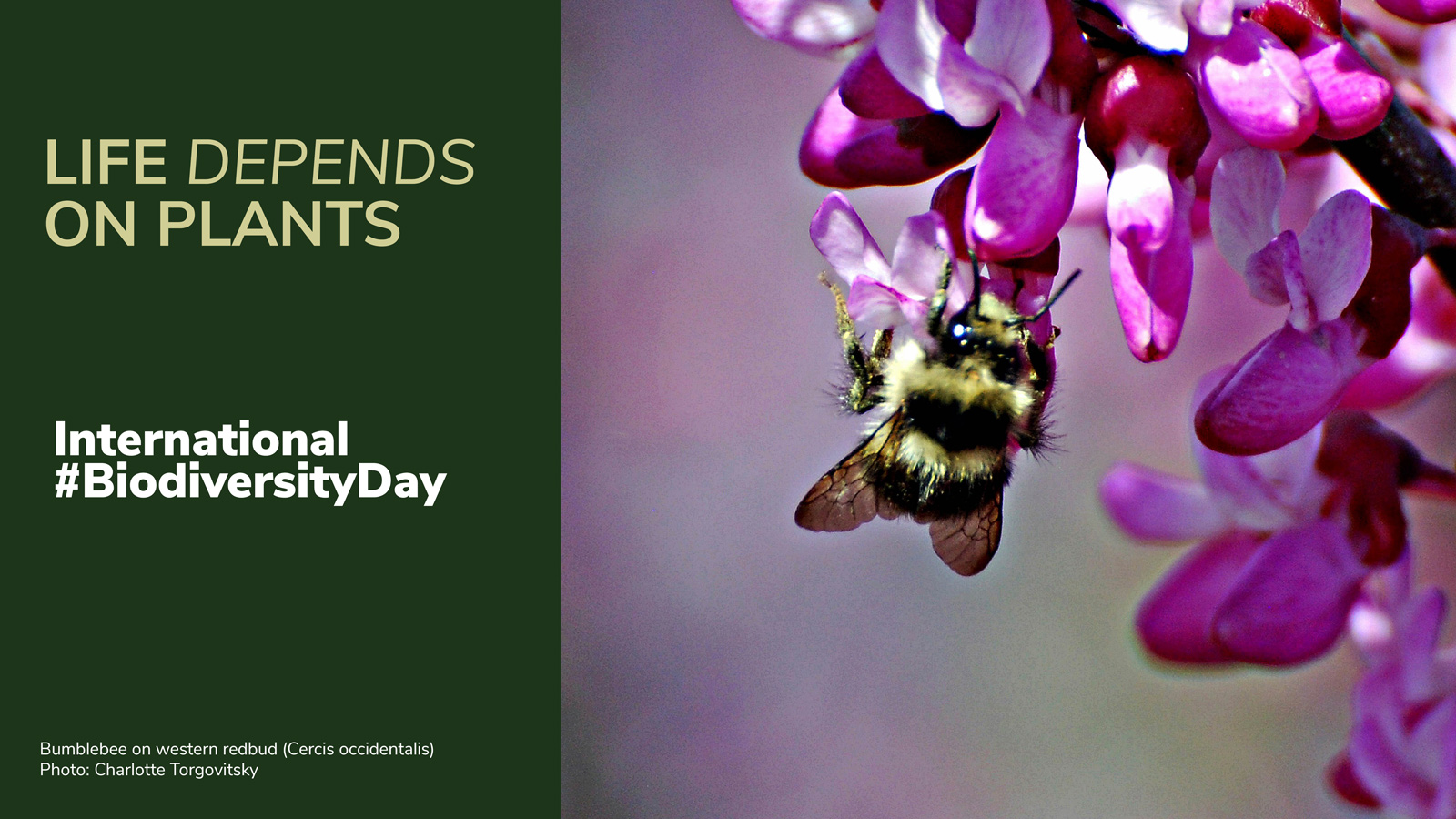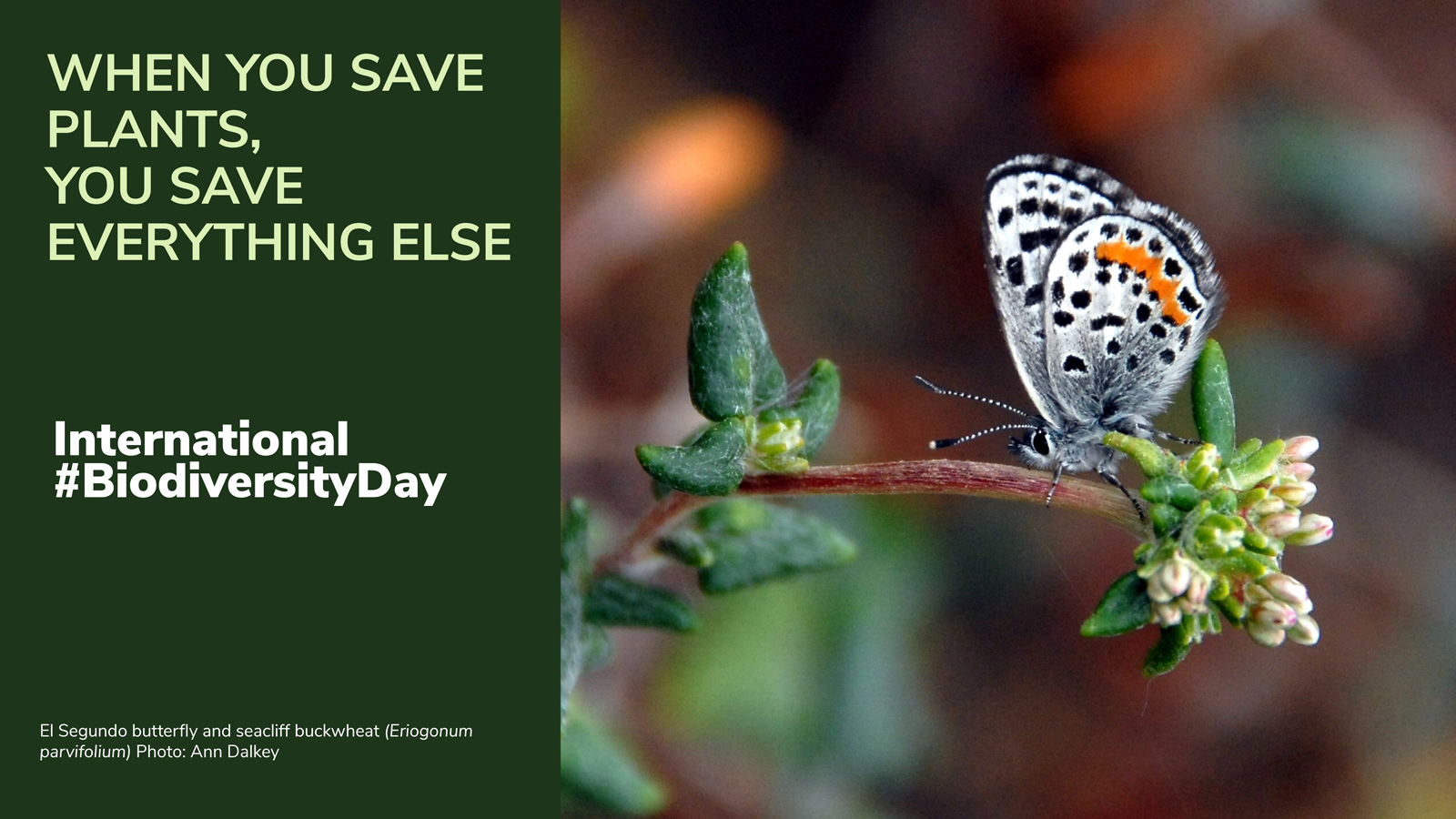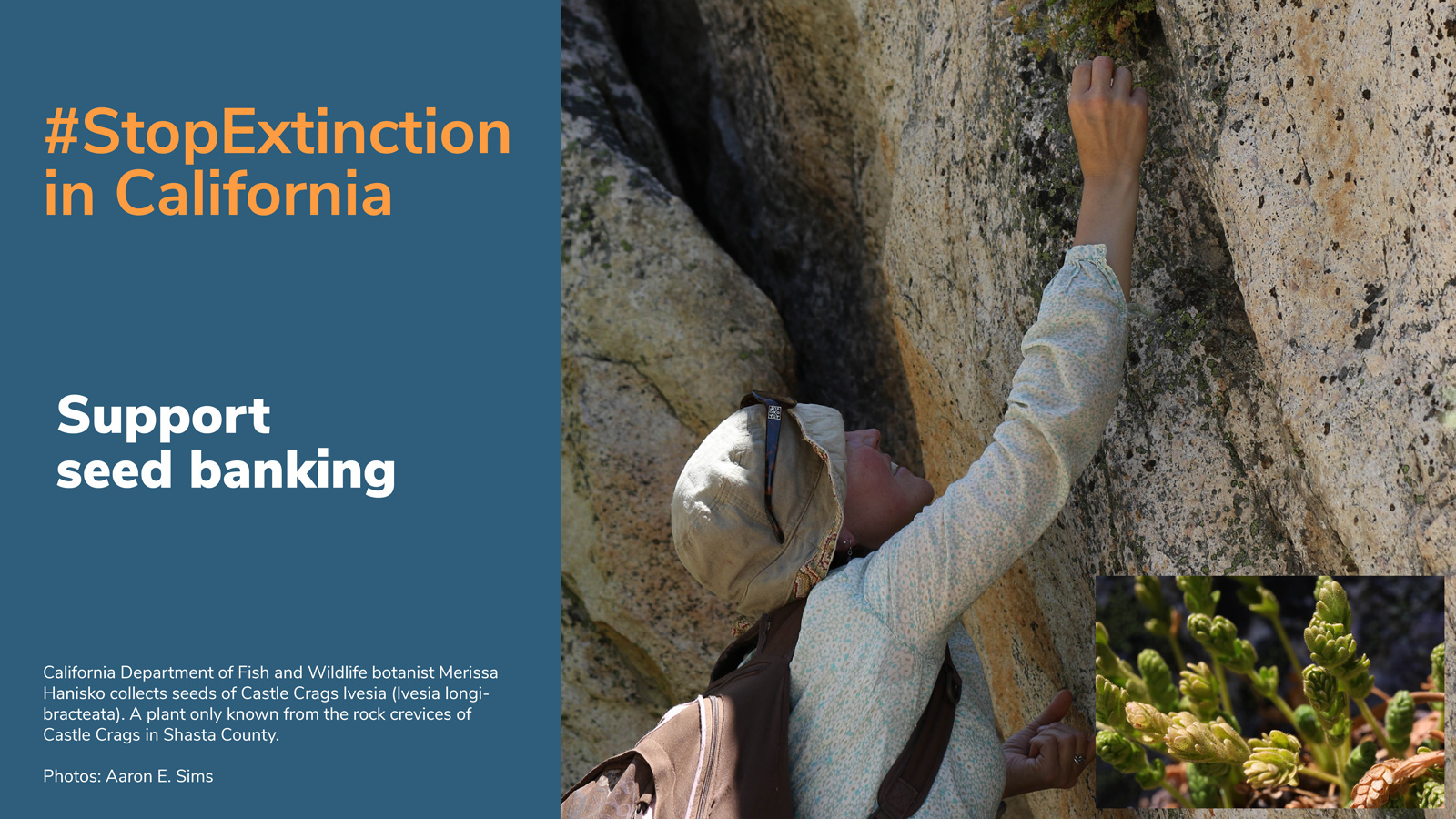Connecting People to People to Save Plants
In early May of 2019, the UN released a report with grim news for biodiversity on earth: over 1 million plants and animals around the world are threatened with extinction. The dire news got attention, including from legislators in the California State Assembly, where the California Native Plant Society (CNPS) had been working to find funding for the state’s biodiversity initiative, and specifically funding for rare plant seed collections. Noticing the attention the report received, CNPS’s lobbyist, Alfredo Arredondo, saw opportunity. He advised CNPS that the heightened awareness of extinction meant it was time to push seed banking as an alternative to extinction. It was time for a grassroots campaign.
As senior director of communications and engagement, the grassroots campaign largely fell to Liv O’Keeffe’s team. The goal of the grassroots campaign was to help the legislators connect the dots between their interest in addressing the looming extinction crisis and funding seed banking. The campaign would target legislators key in getting the requested line items approved – budget committee members.
In TV and movies, an official may receive bags and bags of letters just as a decision needs to be made. These bags are easy short-hand for depicting the opinion of the public – they can show that the world outside a courtroom believes in Santa Claus or that his constituents think Mr. Smith should leave Washington. But in the real-world of auto-generated postcards and emails, bags stuffed with letters don’t always do the trick. With this in mind, Liv’s team opted for a highly targeted personal appeal instead of a mass campaign. In the hours leading up to the budget hearings, CNPS staff reached out one by one to specific CNPS members to request their help on a human scale.
And these personal appeals from everyday constituents worked. Mr. Arredondo reported back that assembly members and their staff would comment on the messages they received, the real people they had heard from. Human to human interaction worked on two fronts: not just between the CNPS member and their assembly person, but between CNPS staff person and CNPS member, to spark the action. In reaching out to CNPS members active in their chapters and living in the targeted assembly person’s district, CNPS staff showed the members that their specific support was needed. While it might be easy for someone to ignore a blanket request sent to thousands of people, and even the most active members might be numb to the plethora of requests to action from grassroots organizations, a personal request engages the member and makes it more likely that person will respond.
Which CNPS members did the CNPS team turn to? The ones they knew would take action based on past behavior. CNPS has a broad membership, ranging from artists, gardeners, professional botanists, nature lovers, and more. No one type is more likely to take action than another, but leaders have stepped up in each chapter. Drawing on established relationships with CNPS volunteers and allies, Liv’s team was able to identify active CNPS members living in districts represented by the California State Assembly budget committee members. They weren’t necessarily experts in the field of California native plants or conservation, but they were able to share real stories about the importance of California’s flora to them, and that is what the assembly members responded to.
Another tactic of the grassroots campaign for securing seed banking funding was to utilize more of a ‘bags of letters’ approach. But its purpose was a bit different than the personal appeals. CNPS used social media, especially Twitter and Instagram, to tag and encourage the legislators as they took steps to support the effort each step of the process – an important way to let them know that its thousands of members are watching and supporting the seed banking efforts. On the International Day for Biological Diversity, CNPS and other partners in California Plant Rescue (CaPR) partnered in a social media frenzy, posting on Twitter, Facebook, and Instagram, drawing attention to saving biodiversity through seed banking as the counter to extinction and giving the legislators accolades for their advocacy.
Further accolades will come as the legislators’ desire to prevent extinction comes to pass. CaPR partners are making a big seed banking push and hope to make great progress in conserving California’s rare plants.
Legislative Leaders

Assembly Member Ash Kalra introduced the seed banking budget appropriations in support of the California Biodiversity Initiative. Kalra and his team had been looking for a way to address the biodiversity extinction crisis when they were approached by CNPS. In building that relationship, CNPS found their seed champion in the assembly member representing the 27th District encompassing parts of San Jose, CA.
Assembly Members Kevin McCarty, Philip Ting (Budget Committee chair), and Shirley Weber, all on the Budget Committee, provided support for the seed banking budget request as it made its way through the committee.
In the Senate, Chair Holly Mitchell and Nancy Skinner helped the request make it into the state budget.
And finally, Governor Gavin Newsom and his staff provided support at various phases of the budgeting process and signed the final budget into law.



